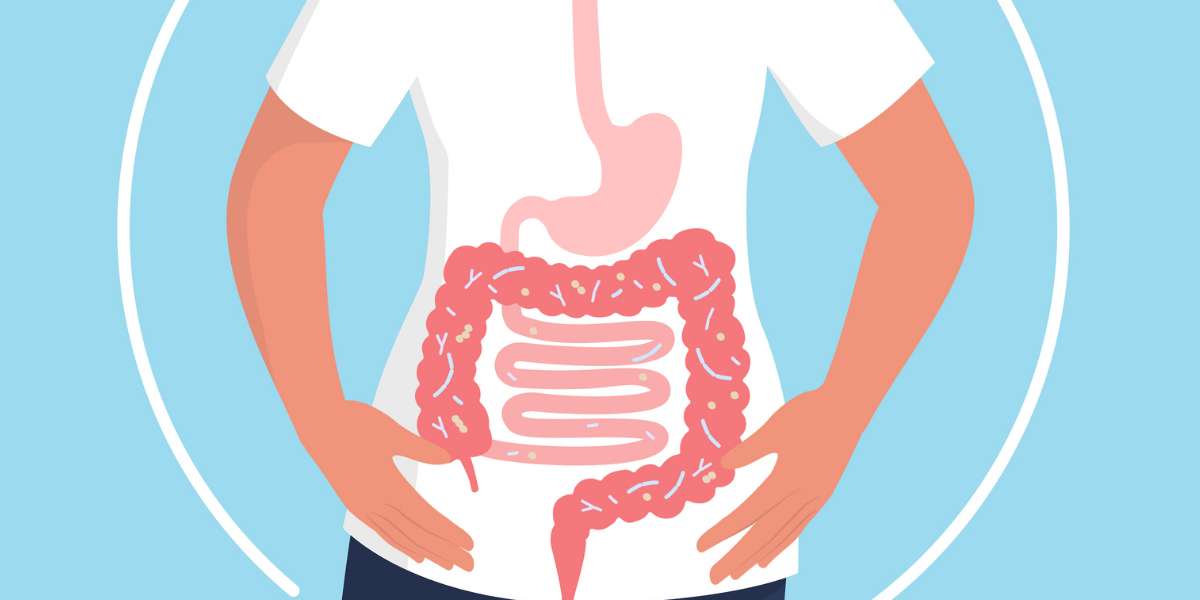Understanding good gut health has taken a step forward thanks to a new study which found that plant proteins are used as nutrients for some gut microbes.
The researchers behind the study say their findings could help pave the way for enzymes to be harnessed in order to reduce the risk of some foods and medicines causing an allergic reaction.
The team from the University of Birmingham and Newcastle University have outlined how certain types of gut microbes use a form a complex carbohydrate, plant N-glycans, as a source of nutrients. They looked at the specific enzymes created by gut bacteria to break down these carbohydrates.
- Extra microbiome variations and reduced inflammation triggered by fermented foods, study reports
- Severe COVID-19 infection dependant on gut cells, latest research suggests
Lead author Dr Lucy Crouch, from the Institute of Microbiology and Infection at the University of Birmingham, said: “The gut microbiome is an incredibly important feature for human health, and this finding will enable us to better understand the microbiome. By identifying the particular enzymes that these microbes use to digest their food, we can consider how future diets can be developed that promote a healthy gut, and as a result improve our general health.
“One unexpected outcome from the study is that insect N-glycans are also targeted by the some of the enzymes discovered. In a future scenario where we increasingly rely on alternative protein sources such as insects, this work provide insights into how insect proteins may also provide nutrients for our gut microbes.”
- Effects of ‘chemical dark matter’ found in gut bacteria could aid understanding of cancer development
- Man puts type 2 diabetes into remission 23 years since diagnosis
Co-lead author Dr David Bolam, from Newcastle University, said: “We are still learning the role our gut plays in our overall health and so learning how microbes in our gut are able to use plant N-glycans is vital.
“This has developed our knowledge both in terms of understanding how these sugars are broken down by the microbiota, but also to discover new enzymes that could be used to alter and analyse N-glycan structures for medical and industrial applications.”
The study has been published in Proceedings of the National Academy of Sciences.







